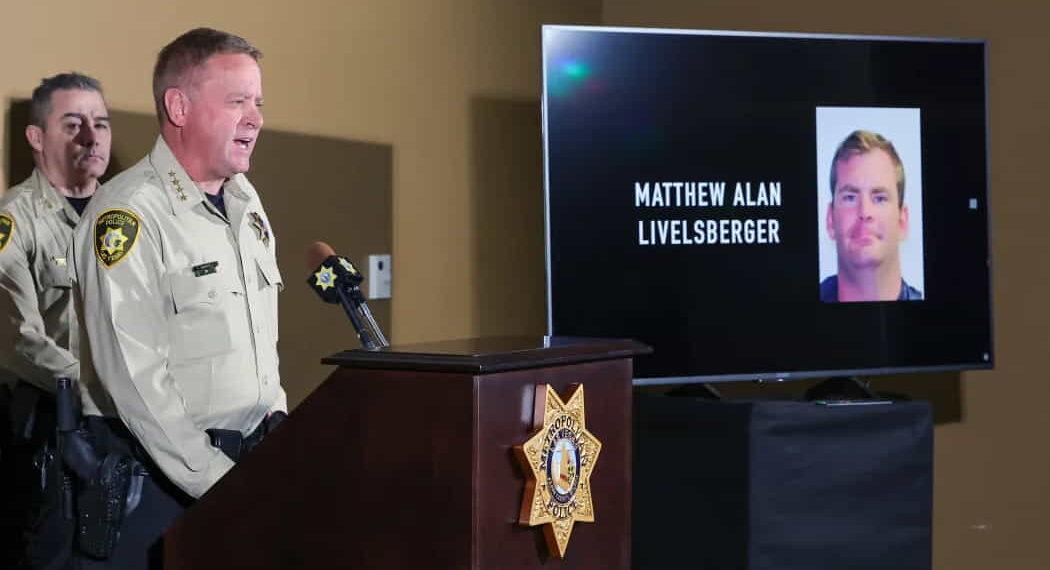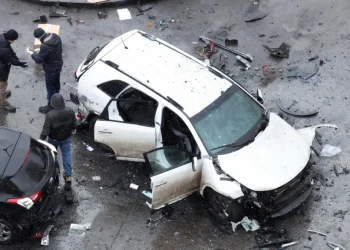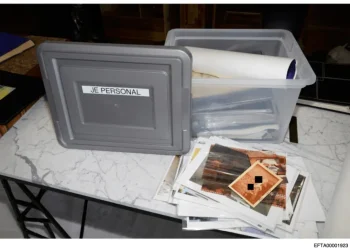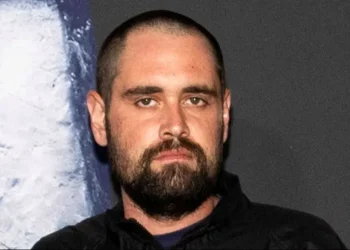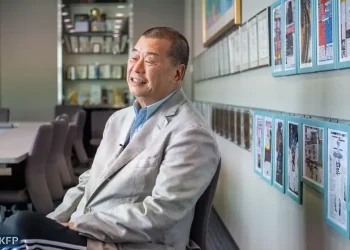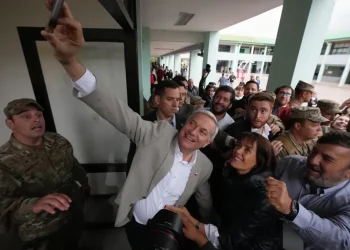Driver of Exploded Cybertruck in Las Vegas Expressed Grievances Before Suicide
Warning: This story discusses mental health and suicide.
Matthew Alan Livelsberger, a Bronze Star recipient and active-duty U.S. Army Green Beret, exploded a Tesla Cybertruck outside the Trump International Hotel in Las Vegas, resulting in his death and injuries to seven others. In the days leading up to the incident, Livelsberger expressed “political grievances,” personal struggles, and mental health issues in writings found on his cellphone, officials reported.
A Wake-Up Call, Not a Terrorist Attack
According to Las Vegas Metropolitan Police Sheriff Dori Koren, Livelsberger’s writings suggested the explosion was not intended as a “terrorist attack” but rather as a “wake-up call” to draw attention to his beliefs. In his letter, Livelsberger wrote that “Americans only pay attention to spectacles and violence,” and that “fireworks and explosives” were the best way to make his message heard.
He also shared deeply personal thoughts, stating that he needed to “cleanse” his mind of the “brothers I’ve lost” and relieve himself of the “burden of the lives I took.” He expressed his belief that the United States was “terminally ill and headed towards collapse.” Livelsberger also voiced support for President-elect Donald Trump, entrepreneur Elon Musk, and political figure Robert F. Kennedy Jr.
The Explosion and Aftermath
The explosion occurred on Wednesday morning outside the Trump International Hotel in Las Vegas. Livelsberger, 37, of Colorado, died in the blast, and seven others were injured. Authorities later confirmed his identity through tattoos and DNA from family members.
Spencer Evans, the special agent in charge of the FBI’s Las Vegas Division, labeled the incident as a “tragic case of suicide involving a heavily decorated combat veteran struggling with PTSD and other issues.” Investigators noted that Livelsberger had been on leave from his base in Germany at the time of the explosion.
Investigating the Incident
Livelsberger had carefully planned the explosion, which involved a combination of fireworks, gas tanks, and camping fuel in the truck bed, all detonated by a device he controlled. Investigators also found a “journal of activity” on his phone, detailing purchases of firearms, camping gear, and other items between December 21 and December 31.
The explosion occurred on the same day as a deadly attack in New Orleans, where a driver with a military background ran a rented truck into a crowd celebrating New Year’s on Bourbon Street, killing 14 people. While both perpetrators rented vehicles from the same company, authorities have determined there is no connection between the two incidents.
Personal Struggles and Political Views
Evans indicated that Livelsberger’s actions might have been influenced by “family issues or personal grievances.” The FBI continues to analyze evidence, including two cellphones, to better understand the motivations behind the explosion.
A family member and former Army colleague described Livelsberger as a highly-decorated combat veteran who was deeply patriotic and supportive of President Trump. “Matt had a lot of respect for Mr. Trump – he just loved the guy,” the family member said, noting that Livelsberger frequently commented on Trump’s actions related to the military on his Facebook page.
The tragic incident serves as a stark reminder of the complex mental health challenges faced by veterans, especially those dealing with PTSD and unresolved personal issues. Authorities continue to investigate the Las Vegas explosion as they search for a deeper understanding of what led to Livelsberger’s devastating act.
This article was rewritten by JournosNews.com based on verified reporting from trusted sources. The content has been independently reviewed, fact-checked, and edited for accuracy, neutrality, tone, and global readability in accordance with Google News and AdSense standards.
All opinions, quotes, or statements from contributors, experts, or sourced organizations do not necessarily reflect the views of JournosNews.com. JournosNews.com maintains full editorial independence from any external funders, sponsors, or organizations.
Stay informed with JournosNews.com — your trusted source for verified global reporting and in-depth analysis. Follow us on Google News, BlueSky, and X for real-time updates.
